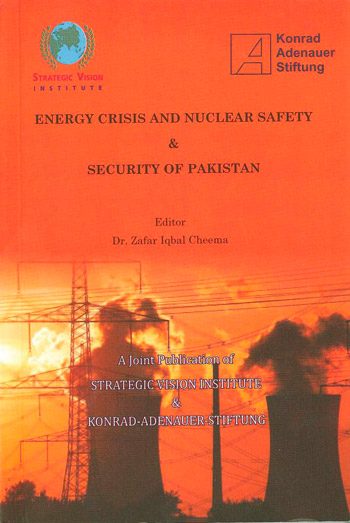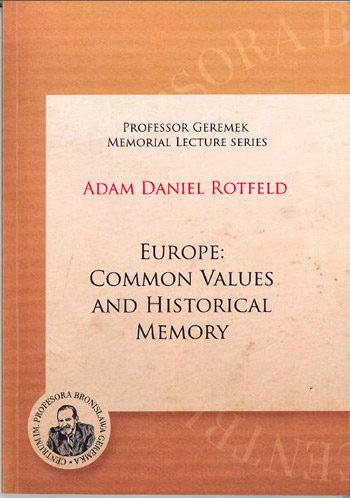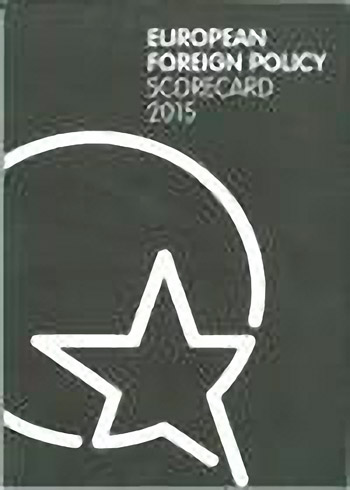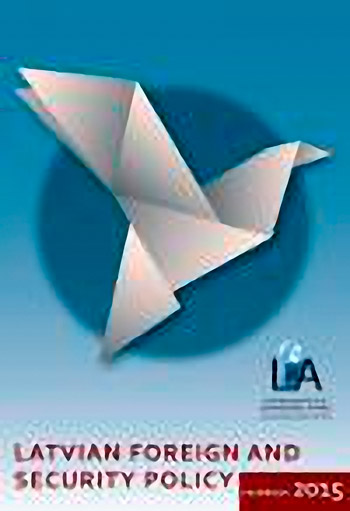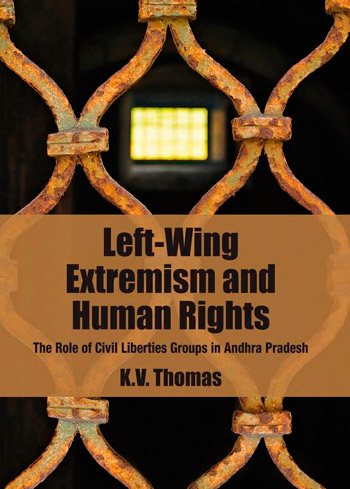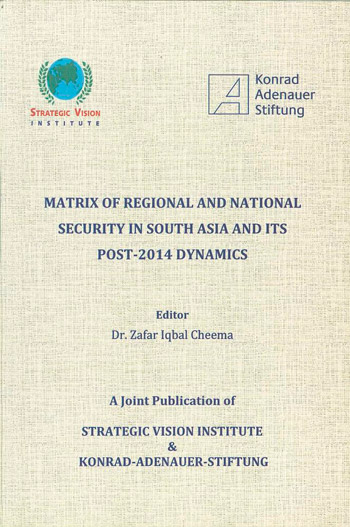Внутренняя политика России и международная политика
Онлайн библиотека книг, статей, докладов, документов
“Economic Diplomacy of the Baltic States” is a scientific publication dealing in detail with the modern day problems of the promotion of economic interests. Authors from various backgrounds and countries analyze the central agents and actors involved in promoting the economic interests of Latvia, as well as Estonia and Lithuania. Being relative newcomers to the global economic system, the Baltic States have quickly learned about the instruments available, and used, by other countries. The main challenge, although, remains the size and experience of public institutions and business dealing with Western countries, and so called “Eastern countries”, in attracting investments, enhancing trade relations, and competing in the transport sector. This publication is an effort of the Latvian Institute of International Affairs with fundamental support by Friedrich Stiftung.
The ICRC is pleased to present its 2014 Emergency Appeals, which describe the situations faced by people affected by armed conflicts and other situations of violence, the primary objectives of the ICRC’s field delegations and missions in some 80 countries around the world and the corresponding budgetary requirements. The Emergency Appeals set out the needs as identified at the time of writing in late October 2013.
The edition includes materials based upon all the papers and the transcripts of the conference “Energy crisis and Nuclear Safety & Security of Pakistan”. These proceedings were critically reviewed at Strategic Vision Institute and upgraded by the authors of this book.
The lecture series was instituted in 2010 by the Minister of Foreign Affairs of the Republic of Poland, Radoslaw Sikorski, and the Minister of Foreign Affairs of the Netherlands, Maxime Verhagen. The initiative honors the political and academic activity of Professor Bronislaw Geremek and his contribution to the advancement of relations between the two countries. The lectures are held once a year, with alternating venues at Warsaw University and Utrecht University.
The European Foreign Policy Scorecard is an innovative research project that provides a systematic annual assessment of Europe’s performance in dealing with the rest of the world/ The first edition of the Scorecard assessed European performance in 2010 – “year zero” for the new foreign policy framework that was created by the Lisbon Treaty. This fifth edition of the Scorecard assesses the performance of the 28 member states and the EU institutions in 2014 on six key issues: relations with Russia, The Unites States, Wider Europe, the Middle East and North Africa, Asia and China, and performance in multilateral issues and crisis management.
In ISIS: Inside the Army of Terror, American journalist Michael Weiss and Syrian analyst Hassan Hassan explain how these violent extremists evolved from a nearly defeated Iraqi insurgent group into a jihadi army of international volunteers who behead Western hostages in slickly produced videos and have conquered territory equal to the size of Great Britain. Political and military maneuvering by the United States, Iraq, Iran, and Syria have all fueled ISIS’s astonishing and explosive expansion. Drawing on original interviews with former US military officials and current ISIS fighters, the authors also reveal the internecine struggles within the movement itself, as well as ISIS’s bloody hatred of Shiite Muslims, which is generating another sectarian war in the region. Just like the one the US thought it had stopped in 2011 in Iraq. Past is prologue and America’s legacy in the Middle East is sowing a new generation of terror.
Due to the Ukrainian crisis, relations between the EU and Russia hit rock bottom, the lowest point from the end of the Cold War. Indeed, it is crystal clear that today’s dispute is nothing but the latest chapter of a long story of misunderstandings and conflicting strategies on the post–Soviet states of Eastern Europe and South Caucasus. The further deepening of this cleavage would inflict serious damage on all interested parties: the EU, Russia and several post-Soviet states. Why is Ukraine so important both for EU and Russia? What are the real origins of the current crisis that brought to an open confrontation between Russia and the EU? What is the rationale behind Russia’s firm opposition to a further NATO enlargement? What are the viable options to escape the fate of a new "Cold War"?
The Latvian Institute of International Affairs (LIIA) continues to provide an annual assessment of Latvian foreign and security policy. The Latvian Foreign and Security Policy Yearbook 2015 aims to contribute to the understanding of Latvia’s foreign and security policy decisions and considerations, along with opportunities and concerns for 2015. Latvia is assuming a six month responsibility for the presidency of the Council of the European Union, but this comes at a complicated time for the Euro-Atlantic community in general, and Latvia in particular.
Left-Wing Extremism and Human Rights unfolds a mosaic of social issues, especially of the weaker and marginalized section, closely intertwined with internal security. Based on an empirical study of the Left-Wing Extremism (LWE) movement in Andhra Pradesh, once the citadel of LWE, it offers a deep analysis of the growth and consolidation of LWE in India. It also studies the profiles and roles of NGOs in promoting rights for which specific case studies have been undertaken.
The publication is based upon papers of distinguished scholars and professional experts read during the conference on “Matrix of Regional and National Security in South Asia and its post-2014 Dynamics”. Although today the region of South Asia is a quite poor region it represents a great importance for the system of international security. In the time after 2014 there were tendencies towards moving in the strategic dynamics and political landscape. Decision-making process experienced transformations after change in political leadership in such countries like China, India, Pakistan and Afganistan. It is also important to point out the factor of US relations with these states so it will also play a major role in the regional dynamics and strategic power equilibrium in the South Asia. These trends of forthcoming changes are going to determine South Asian regional security. It is largely aimed to discuss all these important changes in this volume “Matrix of Regional and National Security in South Asia and its post-2014 Dynamics”.


